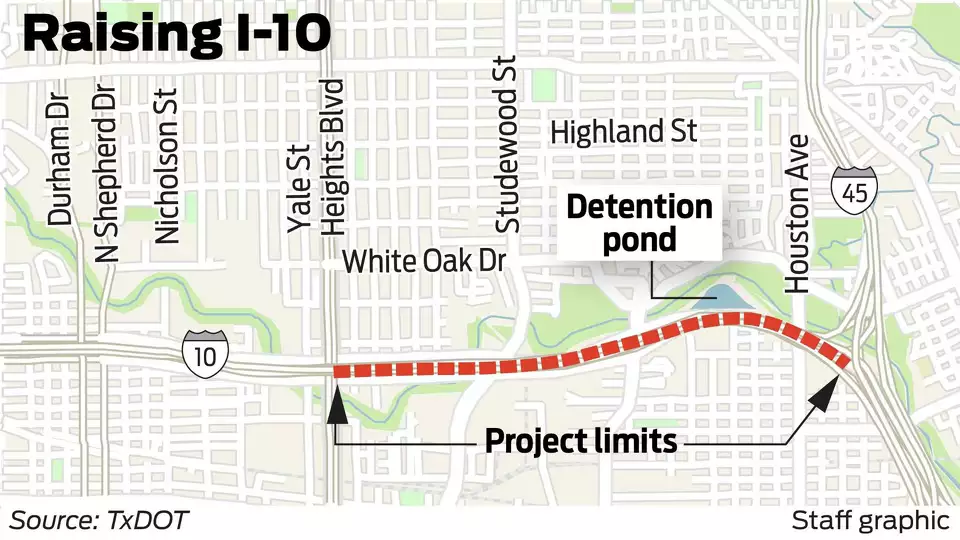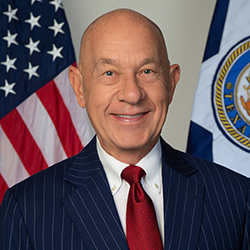Harris County will ask voters in November to increase the Flood Control District’s property tax rate to fund a “transformational” investment in drainage for years to come.
The district’s current tax rate is 3.1 cents per $100 of assessed value. That works out to an annual tax bill of about $94 for the owner of a $380,000 home with a 20 percent homestead exemption.
Commissioners Court is proposing a flood control district tax rate of 4.879 cents per $100 of assessed value. If approved by voters, that would mean an additional $60 from that owner.
If voters reject the measure, the tax rate would default to the highest rate allowed under state law without voter approval, which is 8 percent.
The default rate normally is 3.5 percent, but because of the emergency declarations from the derecho and Hurricane Beryl, local governments are able to flex the rate higher, officials said.
Commissioners Court will hold a public hearing on the proposed increase on Aug. 15.
[…]
Harris County is looking at spending $5 billion on flood control projects over the next five years, county Budget Director Daniel Ramos said.
“If we don’t have the maintenance dollars to maintain those (projects), they’re going to fail,” he said.
Ramos said the county also has lent the flood control district $59 million in the past year. Raising the tax rate would help create a financially sustainable department, he said.
Precinct 3 Commissioner Tom Ramsey said the increased tax rate is long overdue.
“If you live in Harris County, you live in a floodplain,” Ramsey said. “And since we live in a floodplain, shouldn’t that be one of our highest focused areas?”
Personally, I think that if Harris County Commissioners Court decides that the Flood Control District needs more revenue to do what it does, they should just be able to raise the rate and be done with it. Let the people vote out the Commissioners if they disagree. We always have to do things the hard way in this state. Be that as it may, I’m wondering what voter outreach there will be for this. Campaigning for a bond is one thing, this feels a little different. I suspect most people support the idea of doing more flood mitigation work, and the Republican on the Court supporting the increase blunts the usual attack lines against it. But you can never take these things for granted, so I’ll be interested to see what is done to ensure its passage.
















